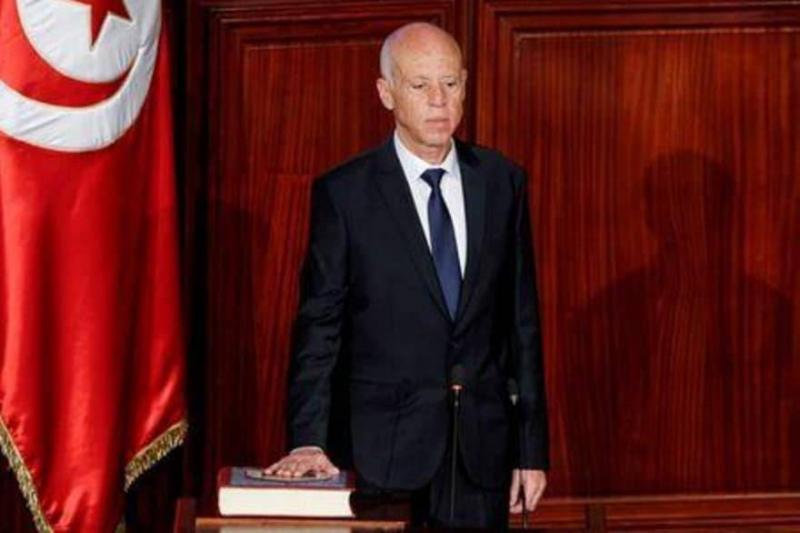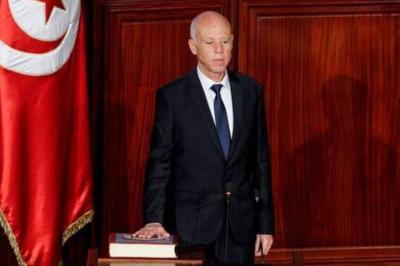Tunisian President Kais Saied stated on Friday that his country will not accept any foreign intervention as he faces increasing pressure from Western governments to restore constitutional order following his takeover of power in July. The president remarked in a statement, "The sovereignty of the Tunisian state and the choices of its people were not even up for discussion... and will not be a subject of negotiation with any party."
On July 25, Saied, who was elected in 2019, suspended the parliament, dismissed the prime minister, and assumed executive power. His Islamist opponents characterized his sudden intervention as a coup, but he responded that the measures taken were necessary to save the country from collapse.
Josep Borrell, the EU's foreign policy chief, who visited Tunisia on Friday, conveyed Europe's concerns to Saied regarding maintaining the democratic gains in the country. This week, the G7 ambassadors also urged the president to quickly appoint a new head of government and to return to a constitutional system where the parliament plays a key role.
After six weeks of his actions, Saied has not appointed a new government nor provided any announcement regarding his long-term plans. Western countries have been among the largest donors supporting Tunisian public finances over the past decade amid a severe economic downturn since the 2011 revolution that introduced democracy. Saied's intervention has plunged the country into a constitutional crisis and raised concerns for the future of the democratic system. He asserted that his intervention is in line with the constitution and necessary due to an emergency situation caused by political paralysis, rising COVID-19 infection rates, and protests.




